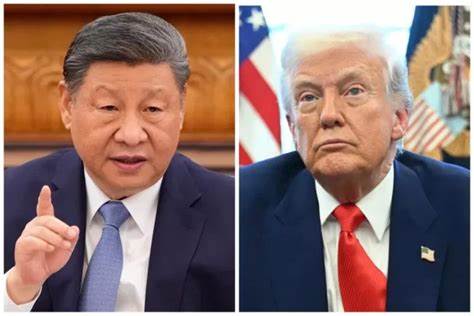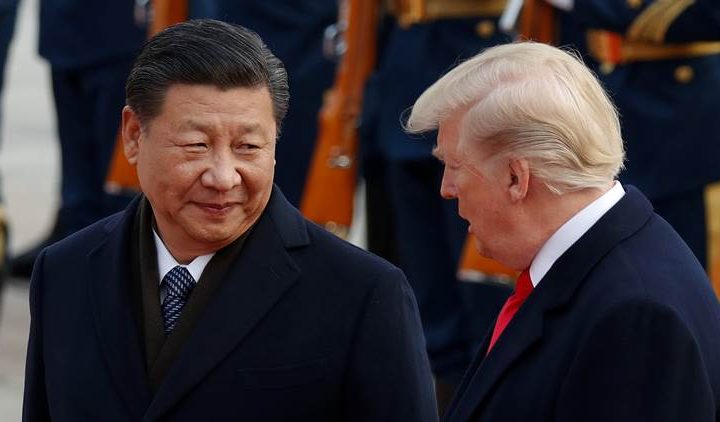The United Kingdom (UK) has recently announced significant changes to its trading rules, aiming to support and empower developing countries while benefiting its own businesses and consumers.
The UK’s new post-Brexit Developing Countries Trading Scheme (DCTS) has come into force, covering a total of 65 countries, including Nigeria. By removing or reducing tariffs and simplifying trading rules, this scheme is expected to generate substantial savings for businesses and consumers, amounting to millions of pounds annually.
Join our WhatsApp ChannelCompared to the previous European Union (EU) scheme, the UK’s DCTS is more generous, as it broadens the range of products eligible for preferential treatment.
The scheme opens up new possibilities for developing countries seeking to diversify their exports, stimulate prosperity, and create job opportunities.
As trade between developing countries and the UK increases under this scheme, businesses stand to save even more on import costs, bolstering their competitiveness and growth.
Nigeria, one of the countries benefitting from this initiative, will experience a remarkable impact. Over 99% of goods exported from Nigeria will now be eligible for duty-free access to the UK market.
Enhanced preferential access will be granted to nearly 3,000 products, including cocoa paste, fruit juices, and prepared tomatoes, with tariffs ranging from 4.5% to 26.5% being removed.
The UK’s Minister for International Trade, Nigel Huddleston, launched the DCTS during a visit to Bole Lemi, Ethiopia’s largest industrial business park.
READ ALSO:Russia Expands Language Education, Includes Yoruba In Moscow Schools
He emphasized the significance of this scheme, which leverages the UK’s newfound status as an independent trading nation. Minister Huddleston highlighted the wide-ranging opportunities it offers to businesses worldwide, promoting livelihoods, job creation, and the diversification of local and international supply chains.
Importantly, the scheme also benefits UK businesses and consumers by lowering costs on a wide variety of products. The Minister for Development and Africa at the Foreign, Commonwealth and Development Office, Andrew Mitchell, hailed the DCTS as a prime example of how trade can be utilized to drive development.
Notably, the scheme places a strong emphasis on supporting women-owned businesses through the UK Trade Partnership programme, contributing to gender equality and economic empowerment.
The implementation of the DCTS brings advantages not only to developing countries but also to British companies engaged in trade with these nations. Everyday products such as bicycles and camping gear will experience improved market access and reduced trade barriers.
Reflecting on this significant development, the UK Deputy British High Commissioner in Lagos, Ben Llewellyn-Jones, expressed the commitment of the UK government to collaborate with Nigerian businesses and exporters in boosting bilateral trade.
The DCTS, according to him, harnesses the power of trade to drive growth and prosperity in Nigeria and other emerging economies.
With over 3,000 everyday products, including cocoa, cotton, flowers, and frozen shrimps, now benefiting from tariff abolishment, the scheme aims to stimulate trade, invigorate economies, and support job creation in both the UK and partner countries.
The UK’s new trading scheme represents a bold step towards fostering sustainable and inclusive economic development. By simplifying trading rules and reducing tariffs, the UK aims to empower developing countries, enhance global trade partnerships, and pave the way for shared prosperity in the post-Brexit era.


















Follow Us